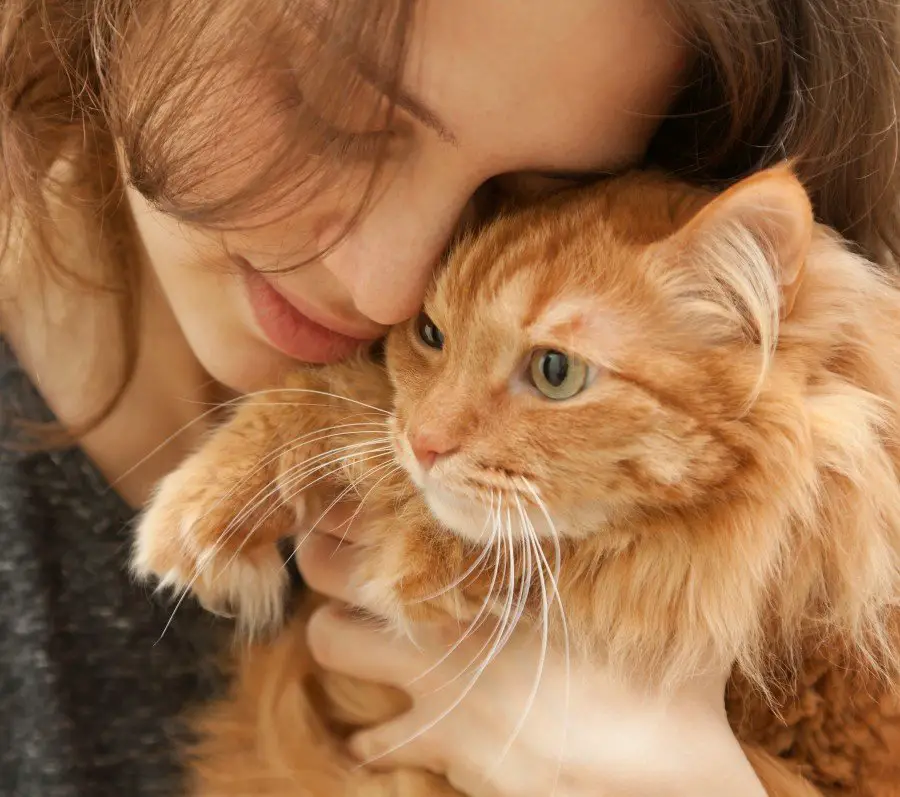HELP THE PAWS ACT GET PASSED IN CONGRESS TO HELP WOMEN, CHILDREN AND PETS FROM DOMESTIC VIOLENCE
Domestic violence is a heartbreaking issue with violent and sometimes deadly consequences. Each year, more than 4 million families are involved in domestic violence situations. These situations have many victims, usually women, children and family pets.
In fact, 71% of women entering domestic shelters reported that their abuser had already injured, threatened, or killed family pets. The abuser’s motive is to psychologically control the victim or to exact revenge.
This problem affects children in domestic violence situations as well. Nearly 32% of the same women reported that their children had hurt or killed animals. Abusers kill, harm, or threaten children’s pets to intimidate them into sexual abuse or to force them to keep quiet about the abuse. Troubled children kill or hurt animals to imitate their parents’ conduct, to prevent the abuser from killing the pet, or to take out their hostilities on another victim.
 The Problem
The Problem
Women living in households with pets often feel stuck in an abusive home because domestic abuse shelters don’t allow pets, and the abuse victims are not willing to abandon the pet to the abuser. Family pets are often a huge comfort to the victim, and the idea of leaving their faithful friend behind with the abuser is not an option.
Some state laws provide for pets in restraining orders, but not all. Therefore a federal law is being sought to protect women, children and family pets from these horrific situations and remove pets as a barrier for women and children seeking to escape from domestic violence situations.
HR 1258 – The PAWS ACT
Enter House Resolution 1258 also known as The Pets and Women Safety Act (PAWS ACT) which was introduced in 2015. Thankfully this act has bi-partisan support and would give victims the unconditional ownership of family pets. It also provides grants for domestic violence shelters to provide accommodations for pets. By implementing these two measures, pets as a barrier to leaving will be eliminated. Women, children and pets would be able to find a safe haven at domestic abuse shelters.
Legislative Process
The process for getting a bill approved can take a long time. The bill H.R. 1258 was first introduced to the House in March 2015 by Congresswoman Katherine Clark, Democrat, Massachusetts, and an identical bill was introduced to the Senate in June 2015, S 1559, by Senator Kelly Ayotte, Republican, New Hampshire. The bill must be passed first by the U.S. House of Representatives and then ratified by the Senate. Ultimately the bill ends up on the President’s desk and must be signed by the President in order to become law.

#SelfiesForPaws
Two animal advocates, Adriana Meucci and Jules Lavalee have been staunch supporters of this act and have launched a social media campaign to gain traction for the cause called “Selfies for Paws.” The two are in the process of recruiting celebrities to wear t-shirts, hold signs and take a selfie with the hashtag #selfiesforpaws in order to increase awareness.
“This bill has the ability to save lives,” said Adriana Meucci, animal welfare advocate, freelance writer, and animal rescue volunteer. “It is vital that this legislation get passed. Right now as we speak, women, children and their pets are being brutalized, and sadly some will be murdered.”
How You Can Help
You can help bring awareness and show your support by:
- Signing the PAWS ACT petition
- Sharing this on Social media
- Call, email, or message your state representatives on social media. Ask them to help pass The PAWS ACT (H.R. 1258). Locate and contact your House Representative and your Senator.
Please consider showing your support in whatever way you can. This bill will help ensure that women and children can take their pets with them to a safe environment. Ultimately, this will give more options for abused women, children and their pets to escape their abusive situations.
Adriana and Jules have put together a video on domestic violence and pets.
* statistics courtesy American Humane Association
